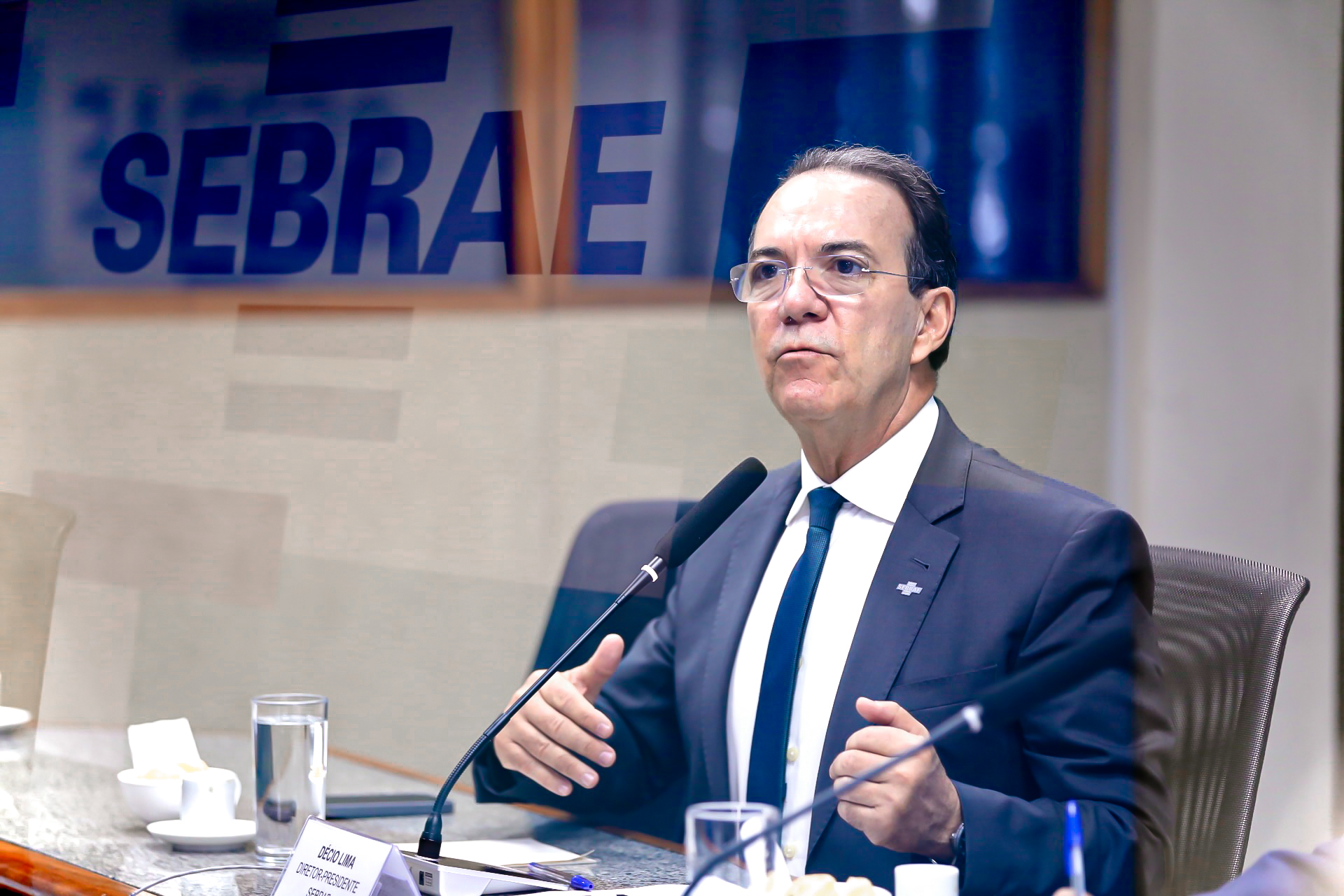Jobs and entrepreneurship: small businesses help emancipate Bolsa Família beneficiaries

Brazil has taken important steps toward overcoming inequality, thanks to the significant contribution of small businesses. Between June and July alone, approximately 958,000 families stopped receiving Bolsa Família benefits. According to the Ministry of Development and Social Assistance, Family and Fight Against Hunger (MDS), most of these individuals no longer receive the funds because they have secured stable employment or improved their financial situation as entrepreneurs.
Most of the Bolsa Família withdrawals in the July payment occurred after beneficiaries complied with the Program Protection Rule. More than 536,000 families achieved a monthly income between R$218 and half the minimum wage per person in the family nucleus and completed 24 months of remaining under the rule. , maximum period to receive 50% of the benefit value.
The Ministry of Social Development also points out that, in addition to families leaving the program after reaching the maximum period established by the Protection Rule, another 385,000 households exceeded half the minimum wage (R$759) in income per person in July. These families' incomes increased more than the Protection Rule limit. A study carried out by Sebrae in partnership with the MDS revealed that approximately 30% of all individual microentrepreneurs (MEI) in the country are registered with CadÚnico.

Small Businesses
Sebrae President Décio Lima notes that small businesses also contributed to job creation during this period. This year alone, according to a Sebrae survey based on the General Registry of Employed and Unemployed Persons (Caged), Micro and Small Businesses hired 635,700 people nationwide—60.5% of all new hires from January to May.
In 2024, in total, 1,225,631 jobs were generated by small businesses (72.8% of the total) , a number that is close to those hired who were on Bolsa Família last year: 1.27 million.
Small businesses are a major force driving the country's growth and ensuring greater dignity, work, and income for our population, especially the poorest.
Décio Lima, president of Sebrae.
"The current challenge is different: improving the quality of jobs and raising the population's qualifications. Only then will it be possible to sustainably raise wages, since the most pressing challenge has already been overcome: the fragmentation of job creation and inclusion," the president adds.
agenciasebrae


